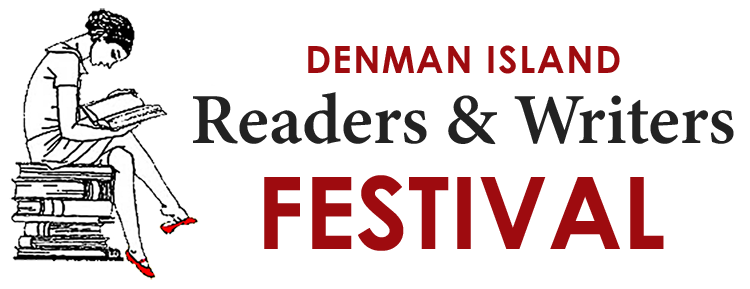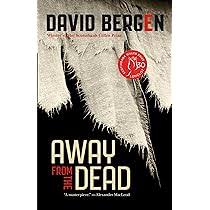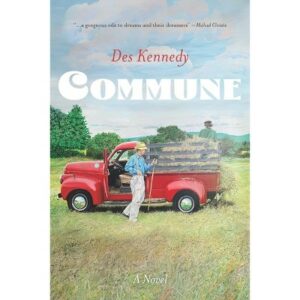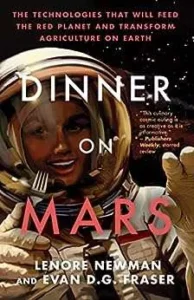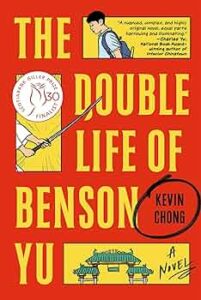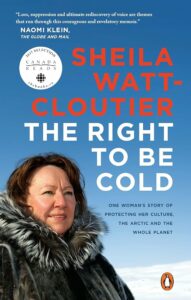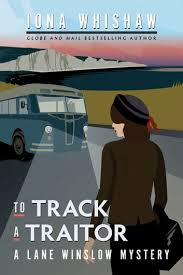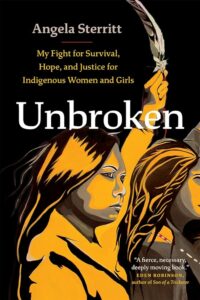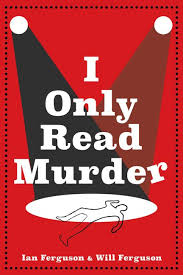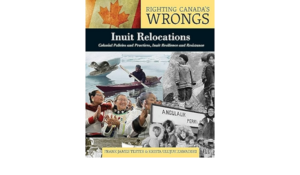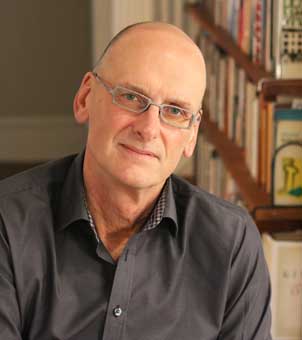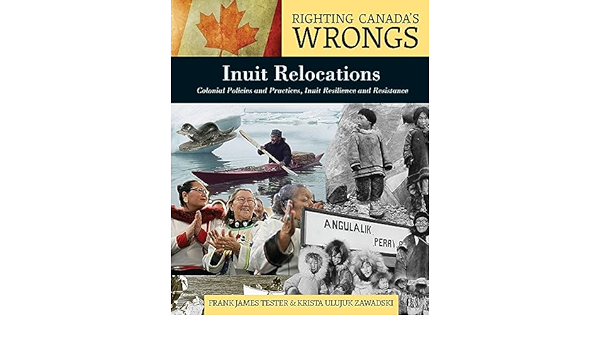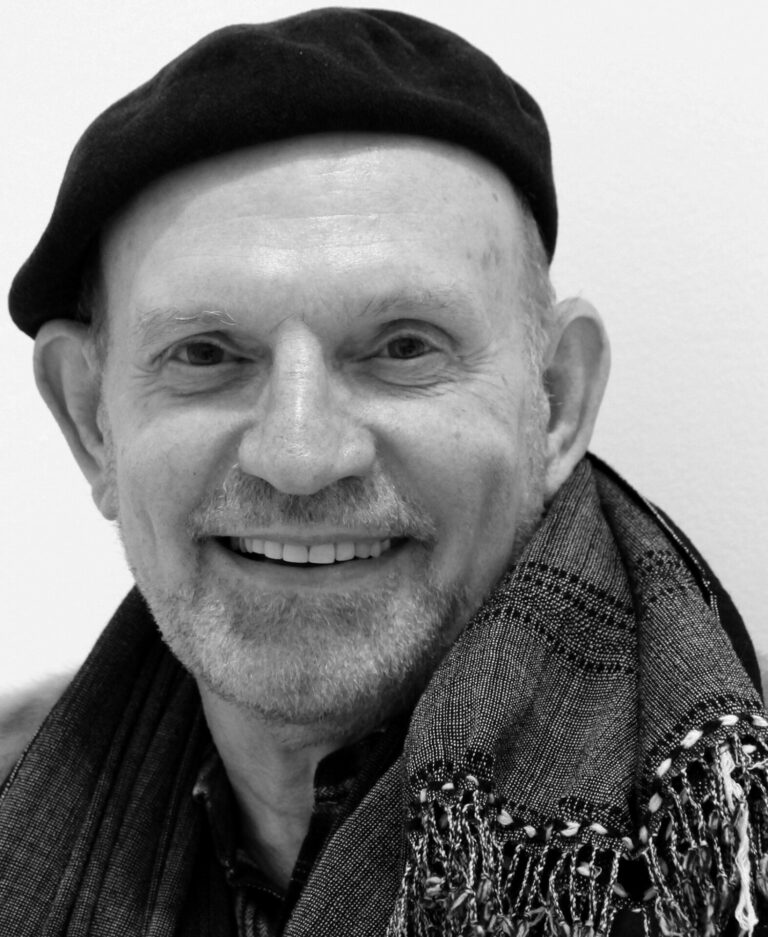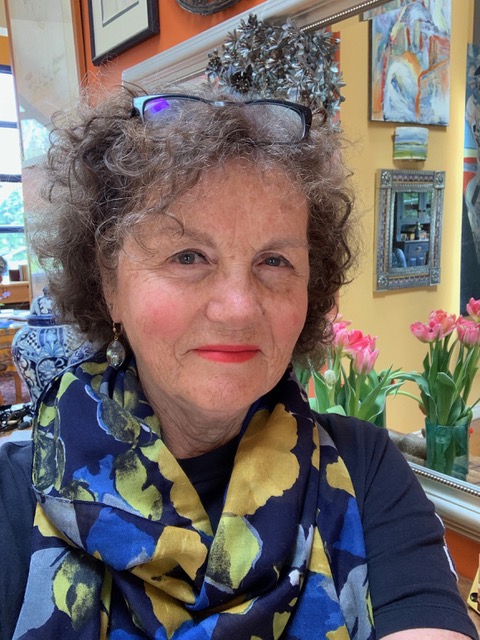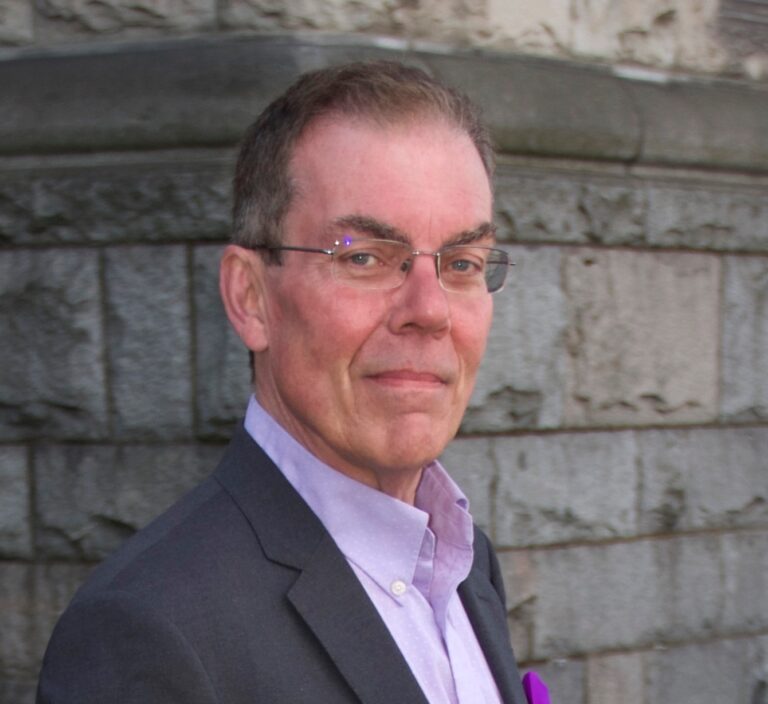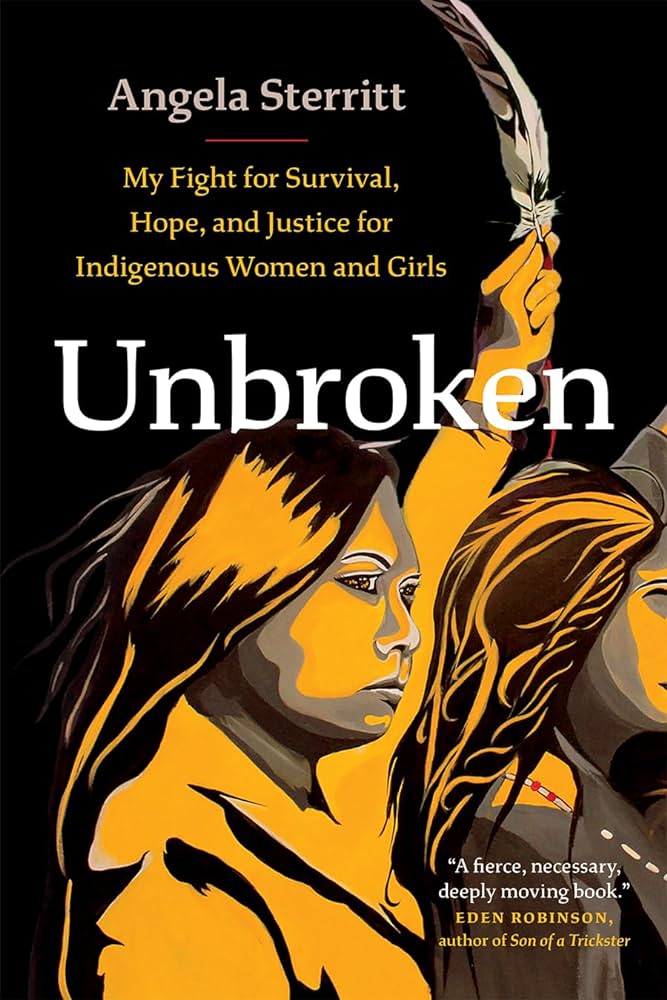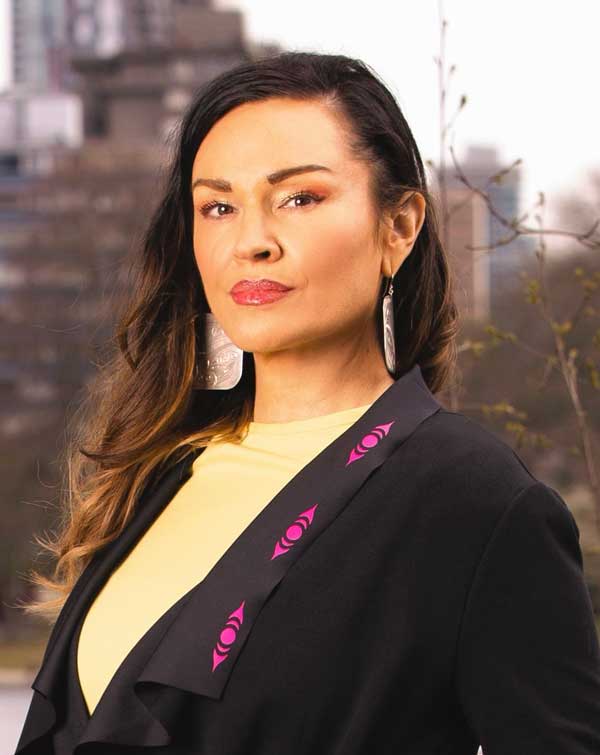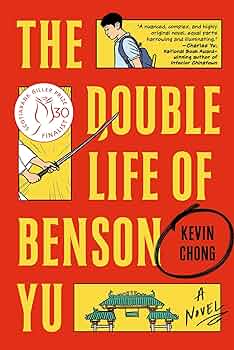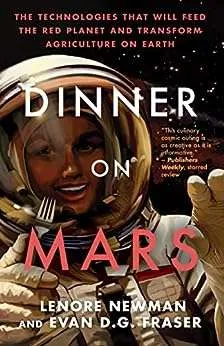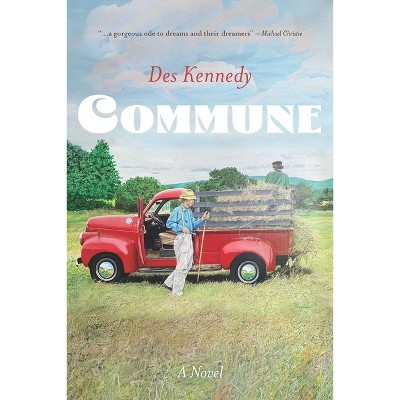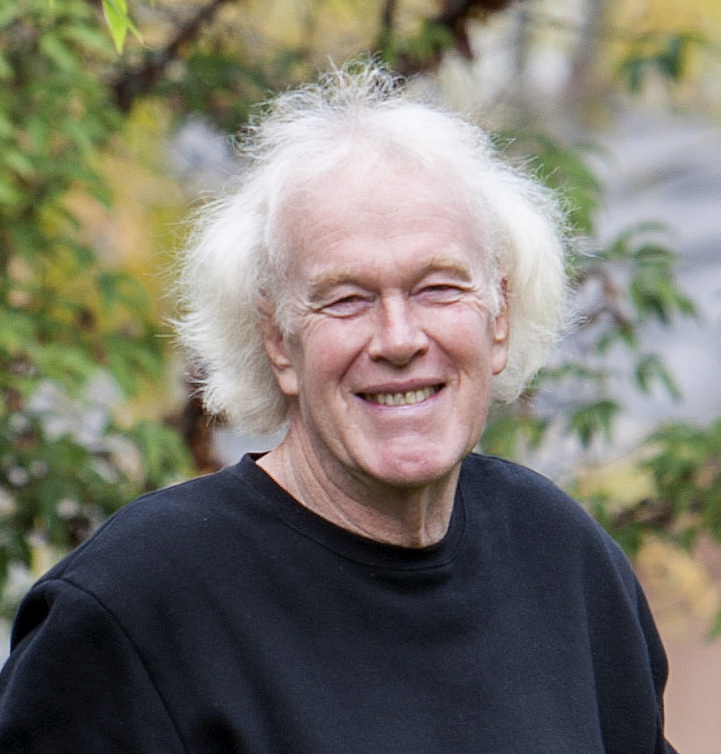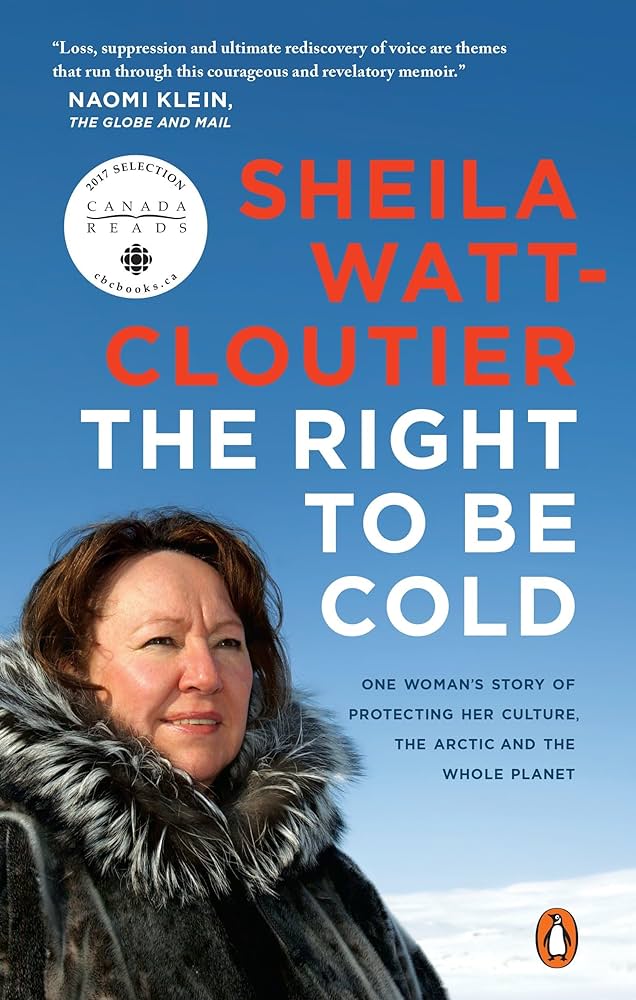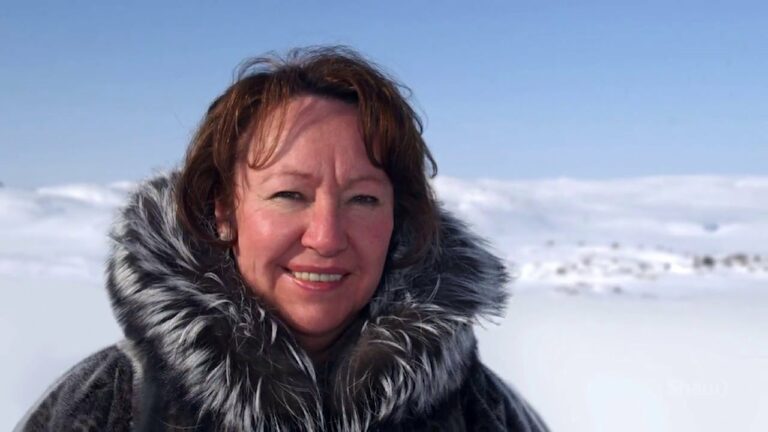Book Reviews – 2024 Authors
Click on cover to take you to the review or scroll down to see all.
David Bergen | Away from the Dead
Reviewed by: Stewart GoodingsAs the Russian war against Ukraine enters its third year, reading David Bergen’s latest novel is a stark reminder of how war, violence, and upheaval have, in past times, shattered the lives of people in that part of eastern Europe.
The title, Away from the Dead, is a rueful yet hopeful indicator of a story that take us to Ukraine in the early part of the 20th century, then up to and including the confusing and battle-scarred period of the Russian Revolution and the First World War.
The characters are memorable: Julius Lehn, the bookish atheist living in a Mennonite community near Kyiv, his loving but doomed wife Kakta, sister and brother Inna and Sablin, peasants living on the estate of Heinrich, a prosperous landowner whose property is eventually ransacked by Bolshevik marauders. Their stories are war stories, and love stories, and the reader inhabits their dreams, fears, and sadness, as well as their occasional joys and contentments.
Bergen’s prose is spare and eloquent, and he wastes not a word in portraying the fates of his protagonists. As a reader of several of Bergen’s earlier novels (The Time in Between was a Giller winner), I was intrigued by how different this novel is to his previous books. His own Manitoba Mennonite heritage is no doubt an influence on the theme and details of this book.
What a treat for us on Denman to have one of Canada’s most renowned authors at this year’s Festival.
Frank Tester (co-authored with Krista Ulujuk Zawadski) | Writing Canada’s Wrongs: Inuit Relocations, Colonial Policies and Practices, Inuit Resilience and Resistance
Reviewed by: Jane EdwardsThis book is co-written by Frank Tester and Krista Ulujuk Zawadski who is an Inuk who has focused her work on Arctic anthropology, archaeology, museology and collections-based research. She has a master’s degree in Anthropology from the University of British Columbia and is a PhD candidate at Carleton University in Ottawa. Krista has co-curated exhibits that feature Inuit artists and written articles for the Inuit Art Quarterly and Museum Anthropology. Krista is from Rankin Inlet, Nunavut.
“Inuit Relocations, Colonial Policies and Practices, Inuit Resilience and Resistance” is part of the series entitled Righting Canada’s Wrongs. Although used as a resource for Canadian History courses, this book goes far beyond a high school text book. It tells part of Canada’s history. It is the story of the Inuit relocation.
Few Canadians know the history of the Inuit in Canada. Inuit Relocations, Colonial Policies and Practices, Inuit Resilience and Resistance gives an account and it is not a story of which the Canadian government can be proud. It is an important story for Canadians to know. Only recently has the Canadian public school curriculum taught students of the Inuit relocations, where communities were split up, and moved to unfamiliar locations many hundreds of kilometres from the land they where they had lived for generations. Families were taken by boat, left with inadequate supplies, with only tents for shelter, and broken promises of assistance. Having been brought to unfamiliar places, the families had no knowledge of where to find food, had no boats for fishing or hunting sea animals and discovered the snow was not of igloo-making quality. There was much suffering from cold and hunger. Government officials promoted these moves via deception with promises broken, misinformation and ignorance of how the Inuit live.
The relocation of Inuit families and communities had huge repercussions on their ways of life, culture and traditions. This book discusses, through description, with many photographs and links to videos and recorded Inuit voices, what life was like for the Inuit before and after their forced moves. It covers many topics including but not exclusively, the many Inuit relocations across the High Arctic, how their lives changed, the eventual move to settlements when the land could no longer sustain them, Inuit control of natural resource development, the Inuit youth of today and a final chapter on dealing with colonialism. The many photos on each page along with detailed descriptions are important to the message, make the story real and accessible to those of us who have never lived in the far north.
I grew up in the era when Canadian children were taught little to nothing of Indigenous history or culture. I found this book enlightening and disturbing. Enlightening as there was and is so much life, culture and tradition, in the Inuit communities, of which many Canadians are only vaguely aware. It is disturbing to discover the extent of the hardship endured by the Inuit due to institutional mistreatment and ignorance by the Canadian Government and the harms that continue today as a result. I highly recommend reading this book for the recent history of the Inuit and to learn of their “resilience and resistance”.
Frank Tester will be attending Denman Island Readers and Writers Festival this July to discuss this book. Unfortunately, co-author Krista Ulujuk Zawadski is unable to attend this year’s festival, but I look forward to hearing Frank’s discussion of the book and his time spent working with the Inuit in Canada’s north.
Iona Whishaw | To Track a Traitor
Reviewed by: Melanie HewsonTo Track a Traitor was released in April 2023 and went on to be the number one best-selling book for 2023 in BC’s indie bookstores. It has been on the national best seller lists of the CBC and the Globe and Mail. The book is the tenth in Whishaw’s well-loved Lane Winslow Mystery series, but you don’t need to have read the first nine to enjoy it. I do love a good mystery. The kind where engaging and intelligent people puzzle out seemingly unconnected information to solve a crime/mystery with the clock ticking. It’s even better when those characters are fleshed out into real people. A former intelligence officer who learns to bake cakes after settling into a small town in peacetime, for example.
Set in post-World War II Nelson BC, Whishaw adds the complexities of the period and its social expectations into the mix. The main character, Lane Winslow, faces the issues many women who went to war faced in the peace that followed. But not all the bad guys are men, or even altogether bad. It’s a classic page turner with more depth than you usually get from a fast-paced mystery novel. The characters are very human and the setting of a close-knit BC community plays its own part in the unfolding.
The story covers three mysteries that arise out of three deaths, each with consequences for the town’s inhabitants that Wishaw gives us insights into. Over the course of the story, these three threads come together with surprising twists and turns. A beautiful blend of historical fiction and mystery novel, the book is masterfully researched and feels very realistic. Kudos to
Whishaw for really making us feel what it must have been like to live in Nelson during and after both the First and Second World Wars. Little details, such as the challenges of communication in an era when long distance calls were a carefully planned extravagance, help put you in the mindset of her characters.
If you are looking for a great story to fall into for several nights in front of the fire, I would highly recommend picking this one up. The only downside I found is that I now have nine more books on my reading list to get through before the Readers and Writers Festival when Iona Wishaw not only will discuss her writing, but also be offering a workshop!
Ian Ferguson | Will Ferguson, I Only Read Murder
Reviewed by: Daryl McLoughlinAbout the Authors: Ian Ferguson is a Victoria based writer and creative director in the film and television industry. His “Village of the Small Houses” won the Stephen Leacock Medal for Humour. With his brother Will, Ian has also co-authored “How to Be a Canadian”, winner of the CBA Libris Award for non-fiction. Not to be outdone, Will Ferguson, who lives in Calgary, has won the Leacock Medal for Humour three times. His novel “419” won the Scotiabank Giller Prize. Another of Will’s books, “The Finder”, was awarded the Arthur Ellis Award for Crime Fiction.
This book is FUN. The Ferguson brothers treat murder mysteries in the same vein as people in Ireland treat the badminton competitions in Zambia (i.e., not very seriously). A comparison for those of us old enough to remember would be Rowan and Martin’s Laugh-In wrapped up in a novel.
The principal character is Miranda Abbott, a down and out actress. But is she really down and out? This book is full of mysteries, some solvable and others that leave us hanging. Miranda is given an opportunity to revive her career by taking on a role in a play in small town Oregon. But who invited her and why? Miranda used to play a detective on a TV series. When a real murderer strikes during the play’s rehearsal, can Miranda make the transition from television detective to real detective and solve the case? Why did the victim get murdered? Who did it? Will Miranda find love? Why doesn’t anyone drink the lemonade that is being offered throughout the book? The book is full of campy characters, all of whom could be suspects. Like any good mystery novel, the ending will be a surprise to many.
This is the type of novel that, when the power goes out, you put on your headlamp and keep reading. It’s also a lighthearted, quick, and enjoyable read. If your tastes run to deep-thinking gun-slinging morbid mysteries, then this book is not for you.
But I’ll be sure that I take in the Ferguson brothers when they read from this book, and talk about it, and their writing craft more generally, at this year’s Denman Island Readers and Writers Festival, July 19-21.
The biggest disappointment, and perhaps the biggest mystery of all, is how the Fergusons could go through a full novel without once mentioning the Vancouver Canucks. Maybe that is a question to ask them this summer.
Angela Sterritt | Unbroken
Reviewed by: Scenary SlaterAngela Sterritt is angry. Palpably angry. “Unbroken” makes that very clear and her anger is justified. “Unbroken” is part memoir and part investigation into the murders and disappearances of Indigenous women and girls.
Before you finish the preface of this book you should be angry too. It is preceded by 8 pages of “In Memorium”: a list eight pages long of women and girls missing or murdered along B.C.’s infamous “Highway of Tears” (between Prince George and Prince Rupert) and adjoining roads, or from Vancouver’s Downtown Eastside and listed in Justice Oppal’s “Pickton Inquiry”. Each name on her list represents a story: a heartbroken family, broken systems, unanswered questions.
Drawing on her personal experience, both as a former street kid and drug user and now as a journalist, Ms. Sterritt tells a number of these tragic stories. Along the way, she describes the impacts of our broken systems, and the heartache for so many that has resulted from them.
The author knows firsthand the extreme vulnerability of Indigenous females, a vulnerability reflected in the acronym “MMIWG”: Missing and Murdered Indigenous Women and Girls.
Sterritt explains how Indigenous women were disempowered by settler legislation (such as Canada’s Indian Act) that failed to recognize matriarchal societies or Indigenous women’s leadership roles, and by colonial attitudes that gave settlers the right to dominate the lands and resources of Indigenous people while subjugating them and treating them as “subhuman”.
“Unbroken” offers examples of ongoing racism and discrimination in Canada today. These include the indifference that many Indigenous families encounter when reporting a missing family member, attitudes of victim blaming, discrepancies in media coverage of a MMIWG compared with that of a white woman or girl, and a justice system that has at times been not just indifferent to abuse of Indigenous women and girls but actually complicit in this abuse.
Sterritt’s personal trauma no doubt allowed her to become a person that other victims could open up to when describing their own “unbelievable” stories of abuse and discrimination. Unlike many others, including some police and social workers, she has actually heard them, believed them, and then, as a journalist, investigated and validated their stories. Sterritt’s writing is most compelling when she is recounting these stories; they are bound to unsettle readers who still want to believe that our social and political institutions protect us all.
Angela Sterritt’s personal and professional journey remains one of transformation and growth; it will be a journey worth following. We’re lucky to have her at this year’s Readers and Writers Festival.
Kevin Chong | The Double Life of Benson Yu
Reviewed by: Brad HornickThe title of Kevin Chong’s book, “The Double Life of Benson Yu,” refers to the protagonist’s internal struggle with leading two separate, yet intertwined, lives. On one level, Benson lives a public life as a renowned artist, celebrated for his imaginative creations as a literary persona. Beneath the surface, Benson harbors deep-seated emotional wounds stemming from childhood traumas and abuse that drive his complicated literary imagination.
Benson Yu tells two stories. In his twenties Benson is famous for creating Iggy Samurai a graphic novel featuring a teenage reptile who lives in New York’s Central Park. Iggy solves crimes alongside Coyote Sensei, a samurai master reincarnated as a coyote. It’s a wild leap whereupon the reader is transported into a world animated by narratives of the online gaming community.
Later in life, Benson Yu writes an autobiographical novel about his upbringing in Vancouver’s Chinatown in the 1980s. It is a story about a character telling the story about himself. Now a successful comic book creator, Benson’s novel grapples with the complexities of his rather severe family-of-immigrants childhood experience during that epoch in Chinatown.
In an online interview, Chong describes how the first novel is “an infantilized story” in which the young Benson wants to make himself into a hero rather than victim, and someone who was hurt. So the reader watches, for example, as Benson converts a leading character in the story from his abuser into his mentor.
In the latter novel, much is revealed about the metaphorical universe of Benson Yu as a young person who transforms and sublimates his inner psychic scaffolding into heroic rationalizations as a way to reconcile with his traumas. Chong illustrates the challenges in the contradictory process. Benson is “having a tough time because he’s not telling a true story. He is telling a story that is serving a version of himself that wants to keep trauma suppressed.”
Chong describes The Double Life of Benson Yu as “a meditation on how we tell stories [in order] to survive” and he explains that depending on where we are on our own time-space continuum, the stories we tell may, or may not, serve us anymore. The division of the book into two sections palpably demarcates those psychic breaks, but it’s Chong’s ability to examine his own feelings and behaviours throughout the book that demonstrates the complexity of the process.
Along with all the psycho-therapeutic depth, Chong has a talent for descriptive detail of place and characters. Two areas stand out. The first is how well Vancouver’s Chinatown of the 1980s evokes distinct sensory impressions of the shops, restaurants and alleyways as well as inhabitants of the neighbourhood in that era, before gentrification dramatically changed its character.
“Every week on Sundays this depleted family unit makes the rounds to the markets for dried scallops for pea shoots and water crests, for oxtail and tripe. Everyone knows Poh-Poh. She used to teach Chinese school to half of them in the church basement. Everyone stands up straighter, eyes jittering, the second she appears.”
A second is the world of the samurai comic books in which readers are transported to a vibrant and dynamic landscape where anthropomorphic animals coexist with humans. Central Park serves as the central hub of activity, providing a backdrop for the protagonist, Iggy Samurai, to embark on his daring adventures and unravel mysteries. Alongside his mentor, Coyote Sensei, Iggy Samurai navigates a series of thrilling escapades, facing off villains and overcoming obstacles with bravery and ingenuity.
“The Samurai gets the shaft in both nature and nurture. Born to a sociopath and a crazy lady with boundary issues. Never make things easy for your hero, who broods over that sword the next day at work and flies through his tasks more silently than normal. Mickey’s joking around and smiling exceed his baseline exuberance.”
Chong transports us to these different worlds and at the same time sensitively portrays the temporal struggles faced by Benson and his family as they navigate the complexities of life in a new country. From the challenges of assimilation and the tensions between the immigrant journey vis-a-vis individual identity and the universal existential struggles of humans becoming self-aware, the novel offers nuanced insight into the beauty of a human mind reconciling intimate threats with personal equanimity.
The Double Life of Benson Yu should be read and celebrated for the power of its multi-layered storytelling. It is not difficult to understand why this book was short-listed for the Giller Prize. The Denman Island Readers and Writers Festival is honoured to be able to host Kevin Chong and eagerly awaits his reflections.
Lenore Newman | Dinner on Mars
Reviewed by: Annette ReinhartThe title and concept of this book is a planetary thought experiment about a serious earthly matter. Together, during the isolation period of COVID, Newman and Fraser came up with the idea to imagine how food could be produced on Mars. These two prominent agriculture and food security experts theorized that if we could sustain ourselves on Mars without the waste and pollution that our current systems of giant agribusiness produce, then we would also know how to do it on earth.
The book looks at many of the well-known problems associated with our current systems of food supply, including the excessive need for grasslands for methane producing cows, overly heavy carbohydrate diets – based on corn, rice and wheat whose production dominates croplands globally, inefficient chemical fertilizers that end up washing into and polluting waterways, and the growing difficulties in attracting farmers and farm workers.
“What’s for Dinner on Mars” also describes many novel technologies and farming methods currently in use here on earth. To name a few: self-fertilizing plants, vertical agriculture, indoor farming, photosynthesis efficiency, targeting ideal LED lighting requirements for plants, optimal soil microbiomes, fermentation and cellular agriculture, robotic farm workers, and i-farms where self-driving smart tractors have sensors that identify and supply specific plant needs.
Our relationship with meat and dairy consumption is changing and many companies listed in this book are already producing plant-based foods from cheese to salmon. Singapore was the first country in the world to approve lab grown chicken from the California based company Eat Just, in 2020.
Ideally, the authors say, whether we think about a life on Mars or not, we should be developing closed waste-free systems of food production, with sustainable intensification designed to feed our global population without the current negative consequences that come with conventional agribusiness.
It will be very interesting to listen to Lenore at this year’s Denman Island Readers and Writers Festival (July 19-21), and talk with her about the innovative science of this industry and its future in our world… and maybe others.
